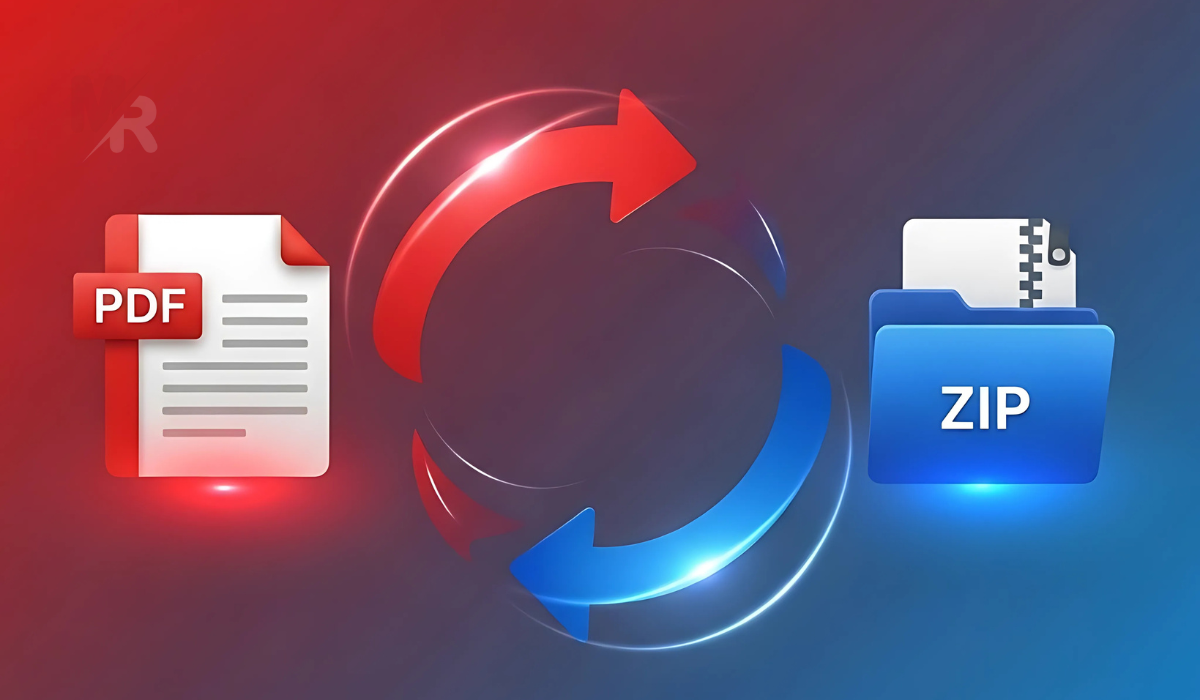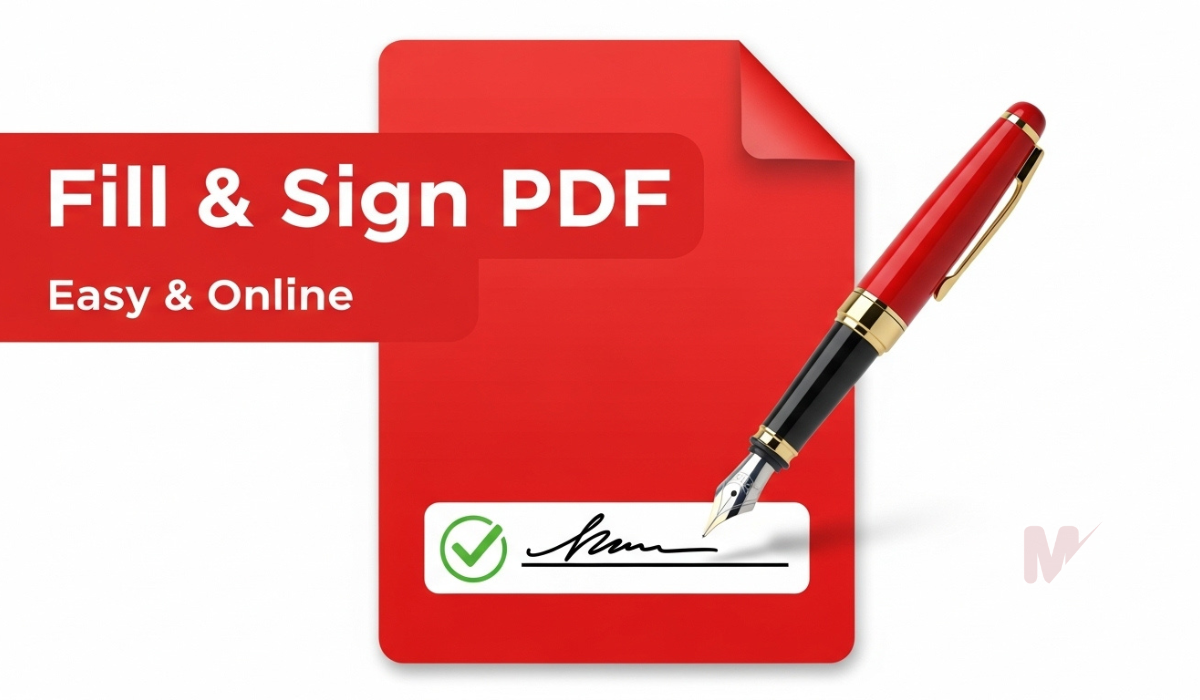Hey there! 👋 If you’re anything like me, you’re always on the lookout for smarter ways to grow your online presence, rank higher on Google, and yes—make a little extra income while you’re at it. Whether you’re a freelancer, affiliate marketer, small business owner, or just getting started with blogging, chances are you’ve asked at least one of these burning SEO questions.
So, I decided to answer the top 10 SEO questions users ask about web tools platforms in 2025—using a personal, beginner-friendly approach that anyone can follow.
Table of Contents
1. What are the best free SEO tools for beginners?
I started with free tools, and let me tell you—they’re more powerful than ever in 2025. Here are my go-to picks:
- Google Search Console – A must-have for checking your site’s health, search visibility, and indexing
- Ubersuggest – Offers limited but insightful keyword and competitor data
- SEO Minion – A handy Chrome extension for on-page SEO checks
- AnswerThePublic – Great for content ideas based on actual search queries
Tip: Combine 2–3 of these tools to get a broader view without spending a cent.
2. How can I use a web tools platform to improve my site’s ranking on Google?
I use web tools platforms as my digital control center. Think of them as Swiss Army knives for SEO.
Here’s how I use them:
- Audit my website regularly for broken links, slow pages, and missing tags
- Track keyword rankings across time to know what’s working
- Generate meta tags automatically (more on that below)
- Create and optimize content using real-time suggestions
Some platforms like SEMrush, Ahrefs, or the all-in-one ToolIdea SEO suite make this process super smooth.
3. Which SEO tool is best for keyword research in 2025?
I’ve tested quite a few, and here’s what stands out:
- Ahrefs – Super detailed and accurate. I use it when I want serious data
- KeywordTool – Great for uncovering long-tail keywords from Google, YouTube, and Bing
- WriterZen – Excellent for content clustering and topical authority (big in 2025)
Pro tip: I always look for keywords with low competition and high search intent. That’s where the gold is.
4. Can I generate meta tags automatically using an SEO web tool?
Absolutely! This is one of my favorite shortcuts.
Many SEO web tools offer meta tag generators where I simply input my page title or focus keyword, and they’ll suggest:
- SEO-friendly title tags
- Engaging meta descriptions
- Social media previews (Open Graph & Twitter cards)
I personally use ToolIdea and Meta Tag Generator by SmallSEOTools—both are easy to use and beginner-friendly.
5. How do I check my website’s SEO score for free?
I use free SEO score checkers weekly—it’s like giving my site a health checkup.
Here’s what works for me:
- SEO Site Checkup
- Mr Tool Guru SEO Analyzer
- Mr Tool Guru (Free version)
These tools provide a score out of 100, plus a list of what to fix—from mobile usability to meta tag issues.
6. What is the difference between on-page and off-page SEO tools?
This confused me at first too, so I broke it down:
On-page SEO tools help optimize what’s on my website—like headings, internal linking, content quality, and images.
Off-page SEO tools focus on building external credibility—like backlinks, domain authority, and social shares.
Tools like Moz and SEMrush offer both types, but I often pair Yoast SEO (on-page) with Ahrefs (off-page) for best results.
7. Are there all-in-one web platforms with SEO, analytics, and content tools?
Yes, and I’m hooked on them.
These are my top picks in 2025:
- SE Ranking
- ToolIdea Web Suite
- Surfer SEO (great for content optimization)
Why I love them:
I can research keywords, optimize content, and track performance—all from one dashboard. Saves me time and gives a clear roadmap to follow.
8. What tool can help me create SEO-friendly product descriptions?
I struggled with this until I found the right tools. My go-to picks:
- Jasper.ai – AI-assisted writing that follows SEO guidelines
- Copysmith – Specializes in eCommerce product descriptions
- ChatGPT plugins (yup, like this one!) – Give it a prompt, and it delivers magic
These tools ensure I include the right keywords, tone, and structure—without sounding robotic.
9. How do I track my backlinks using a web-based SEO platform?
Backlink tracking is crucial for me—it shows which sites trust my content.
Here’s how I do it:
- Ahrefs – My favorite for live backlink updates
- Monitor Backlinks – Affordable and visual
- SEMrush – Tracks new/lost links and even evaluates link quality
I usually check backlinks bi-weekly to spot trends or spammy links I need to disavow.
10. Is there an SEO tool to audit my website and suggest improvements automatically?
Oh yes—and it’s a game changer.
I use:
- Surfer SEO Audit
- SE Ranking Website Audit
- ToolIdea SEO Analyzer
These tools crawl my entire website, flag issues, and even suggest step-by-step fixes. It’s like having an SEO consultant 24/7—without the hourly rate.
Final Thoughts
I hope this guide answered your top SEO questions about web tools platforms in 2025. Whether you’re looking to generate meta tags automatically, check SEO scores, or track backlinks—there’s a tool out there that fits your goals and your budget.
If you’re serious about earning through SEO, start small, stay consistent, and don’t be afraid to experiment with these platforms. The right tools are like rocket fuel for your website.
Have more questions? Drop them in the comments, and I’ll answer in my next post!ions Users Ask About Web Tools Platform








